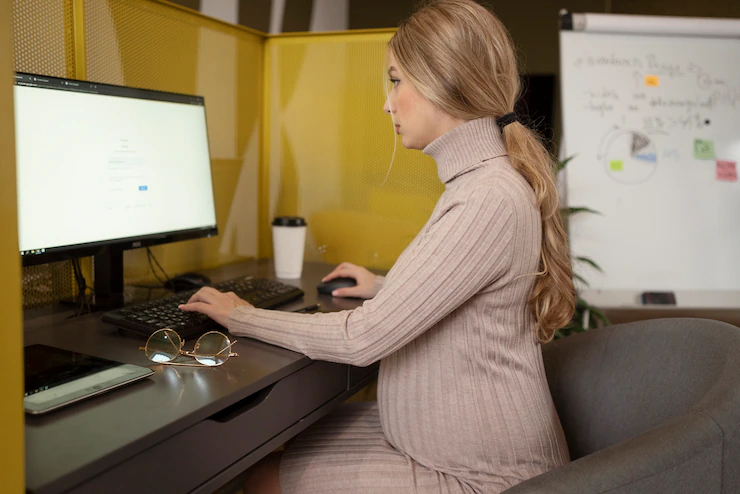Introduction:
Pregnancy is a special time in a woman’s life that requires extra care and attention. In South Africa, ensuring the safety and well-being of expectant mothers in the workplace is crucial. Pregnant women may face various work-related hazards that can potentially impact their health and that of their unborn child. This article highlights the importance of protecting expectant mothers in the workplace, explores common work-related hazards, and discusses strategies to safeguard their health during pregnancy.
Understanding Work-Related Hazards:
- Physical Hazards: Certain physical factors in the workplace, such as heavy lifting, prolonged standing, excessive noise, and exposure to vibrations, can pose risks to pregnant women. These hazards can lead to musculoskeletal issues, fatigue, and increased stress levels, potentially affecting both the mother and the developing fetus.
- Chemical Hazards: Exposure to certain chemicals, such as solvents, cleaning agents, pesticides, and heavy metals, can have adverse effects on pregnancy. These substances may cause birth defects, developmental issues, or complications during pregnancy. It is crucial for expectant mothers to be aware of the chemicals present in their work environment and take appropriate precautions.
- Biological Hazards: Occupations that involve close contact with infectious agents, such as healthcare workers or laboratory staff, pose a risk of exposure to pathogens. Pregnant women are generally more susceptible to infections, and certain infections can have severe consequences for the developing fetus. Proper infection control measures, including the use of personal protective equipment (PPE), are essential for minimizing risks.
- Psychosocial Hazards: Work-related stress, long working hours, and inadequate social support can contribute to increased psychological distress during pregnancy. High levels of stress can impact maternal health, increase the risk of preterm birth, and affect the overall well-being of both mother and child. Employers should promote a supportive work environment and implement strategies to manage work-related stress.
Protecting Expectant Mothers:
- Risk Assessment: Employers should conduct a thorough risk assessment of the workplace to identify potential hazards that may affect pregnant employees. This assessment should consider physical, chemical, biological, and psychosocial factors. By understanding the risks, appropriate control measures can be implemented.
- Education and Training: Employers should provide comprehensive education and training programs to inform pregnant workers about potential hazards, safe work practices, and the importance of reporting any concerns. Expectant mothers should be aware of their rights and responsibilities and know how to advocate for their well-being.
- Workplace Adaptations: Employers should make necessary accommodations to minimize exposure to hazards. This may include adjusting work schedules, providing appropriate personal protective equipment, implementing ergonomic modifications, and ensuring access to clean and safe drinking water.
- Maternity Leave and Flexible Working Arrangements: Pregnant employees should have access to adequate maternity leave and flexible working arrangements that allow them to attend prenatal appointments and manage their well-being. Employers should support and facilitate a healthy work-life balance for expectant mothers.
- Health Monitoring: Regular health check-ups and monitoring during pregnancy are essential. Employers should allow pregnant employees time off for prenatal visits and ensure access to occupational health services to assess and address any work-related concerns.
- Supportive Work Environment: Employers should foster a supportive work environment that promotes open communication, provides access to counseling services, and encourages peer support networks. Offering reasonable accommodations and showing understanding and empathy towards pregnant employees can contribute to their well-being.
Conclusion:
Protecting expectant mothers from work-related hazards is crucial for ensuring the health and safety of both the mother and the unborn child in South Africa. Employers have a responsibility to assess workplace risks, implement appropriate control measures, and provide necessary support to pregnant employees. By prioritizing the well-being of expectant mothers, South Africa can create a work culture that respects the unique needs of pregnant women and promotes healthy pregnancies, ultimately contributing to healthier outcomes for both mothers and their children.










